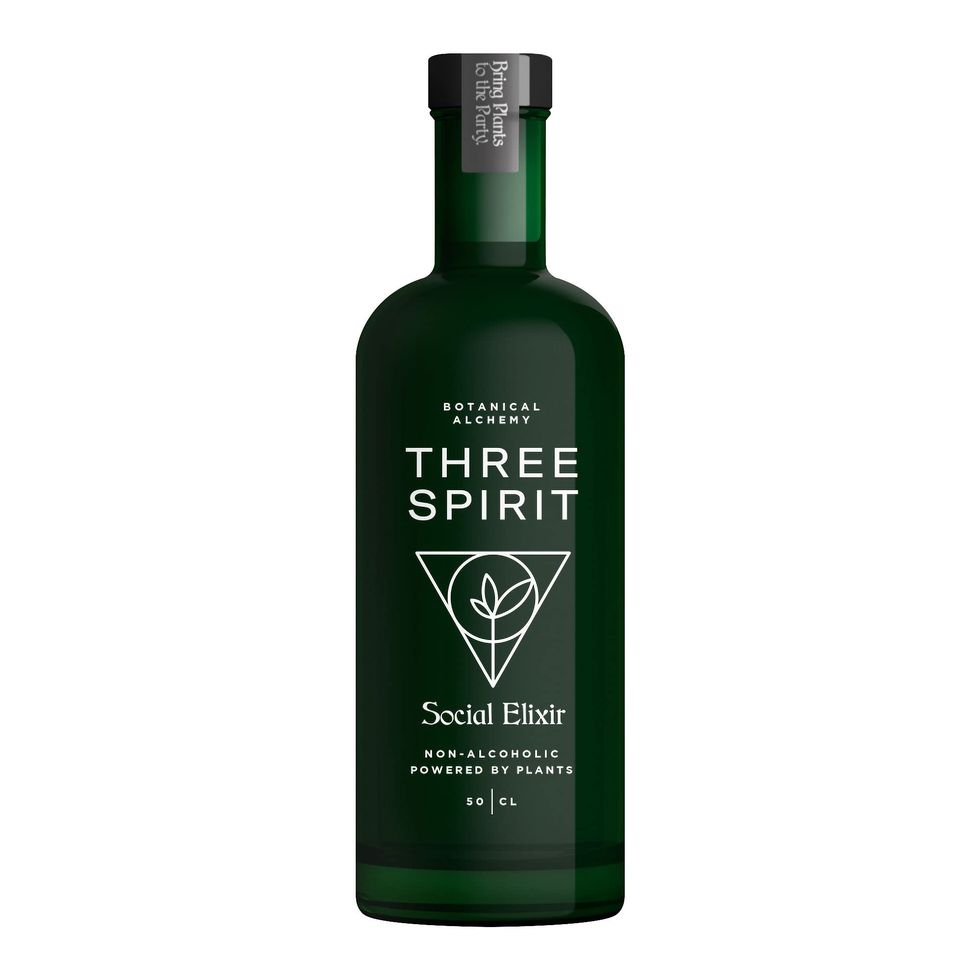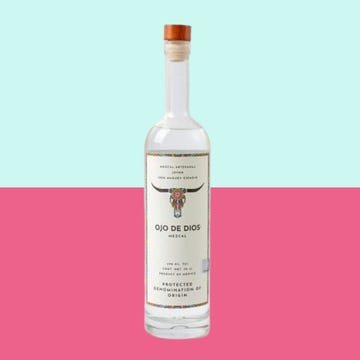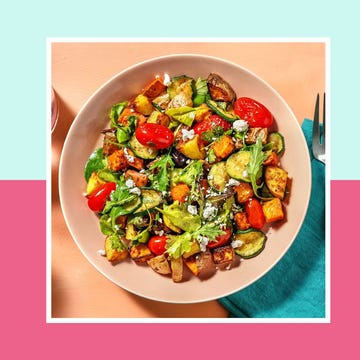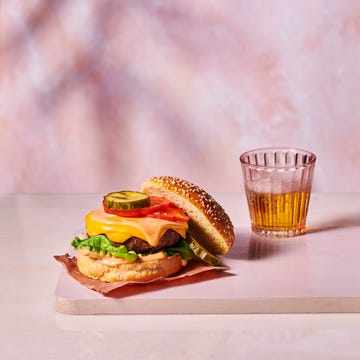We earn a commission for products purchased through some links in this article.
14 best adaptogen drinks, tried and tested by the GHI
We tried 20 different adaptogens to find the best for summer

If you're looking for a healthier drink option that's not a sugary soda, or want a grown-up alternative to alcohol or low ABV drinks, you may want to give adaptogen drinks a try.
Adaptogens are fast becoming the buzzy, booze-free option of choice as they're often low in sugar and calories. Thanks to their more natural-tasting fruity flavours and gentle bubbles, many also prefer them to the typical soft drinks on the market.
Adaptogens are made from a range of herbs and plants and claim to have a mix of wellness benefits. These include improving people's ability to manage stressful situations, increasing focus and mental performance, with the help of natural ingredients such as ginseng and ashwagandha, or helping to improve sleep, thanks to ingredients such as magnesium.
Though they have big claims, at the moment there's not quite enough scientific evidence there to back them all up, which is why we've tested these adaptogen drinks based on their flavour and taste only, and simply included information on their key ingredients and claims so you can make your own decision.
From sparkling tropical fruit creations to kombucha blends and even a luxurious hot chocolate aiming to promote better sleep, we've rounded up the best adaptogens to try this summer, according to our expert panel.
Best adaptogens 2024
These are our experts’ top picks at a glance, but keep scrolling for our full reviews and everything you need to know about the world of adaptogens.
What are adaptogens?
Adaptogens have their roots in Chinese and Ayurvedic medicine and are said to promote health and wellbeing. They use active ingredients made from herbs, plants, roots and fungi, which are believed to help our bodies manage stress by adapting to different situations and restoring balance.
"Experts believe that adaptogens interact with the hypothalamic-pituitary-adrenal (HPA) axis, which initiates your body’s stress response and plays a big role in keeping your body in balance," according to UCLA Health.
It's the stress reducing claims of adaptogens that's behind their growing popularity, as people look for more natural ways to reduce the impact of anxiety, whether that's physical, emotional or hormonal. Adaptogens can be taken in different forms, including capsules, drinks and powders that can be added to smoothies or any type of food.
"Though not clinically proven, they are said to help our bodies combat stress in the short term and regulate the reaction our body has when it’s under stress,” Vidushi Binani, nutritionist and founder of Café Volonte, told us.
Certain adaptogens are also said to reduce fatigue and enhance mental performance.
Key types of adaptogens
Ashwagandha: An ingredient often used in Ayurvedic medicine, this herb is thought to help lower cortisol levels, the hormone linked to stress.
Rhodiola rosea: This plant is believed to help improve mental and physical performance and endurance, while also reducing the feeling of fatigue.
Ginseng: Said to help reduce stress and improve mental performance, ginseng is a herb rich in antioxidants, which is also believed to be good for your immune system.
Holy Basil: Another plant that's associated with reducing stress, it is also thought to have anti-inflammatory properties.
How we test adaptogens
The GHI tried 20 different adaptogen drinks to find the best for flavour. All packaging and logos were removed to avoid any brand bias and served to a panel of consumers and taste experts.
They were looking for drinks that were well balanced between sweet, sour and acidic flavours. The taste had to match the flavour profile given on the label. We did not assess the specific claims of the active ingredients as their benefits aren't all scientifically proven, so our scoring is based purely on taste, aroma and mouthfeel.
Joanna Anastasiou is our Food and Drinks Tester, and has completed certifications in Sensory Foundation and WSET Wine Level 2 training. Prior to this she studied geography with conservation biology at the University of Exeter and trained at Ballymaloe Cookery School in Ireland. Through this she has developed a passion for sustainability within the food and agricultural sectors. Joanna also volunteers in kitchens with FoodCycle, as well as on multiple wildlife conservation projects, where she formed a particular love for bees!

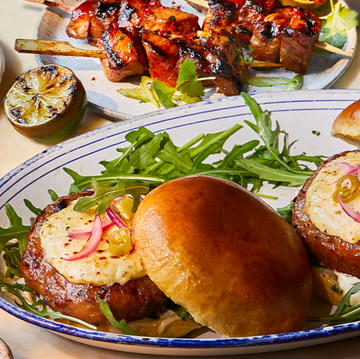
Our favourite summer food from Waitrose
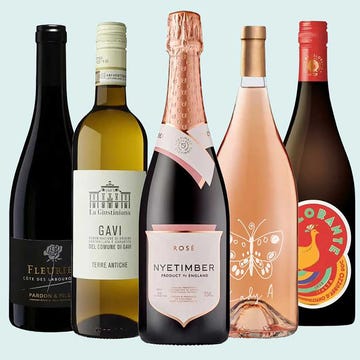
The best summer wine deals to shop now

The best afternoon teas in London

8 best fruit and veg delivery boxes for 2025














